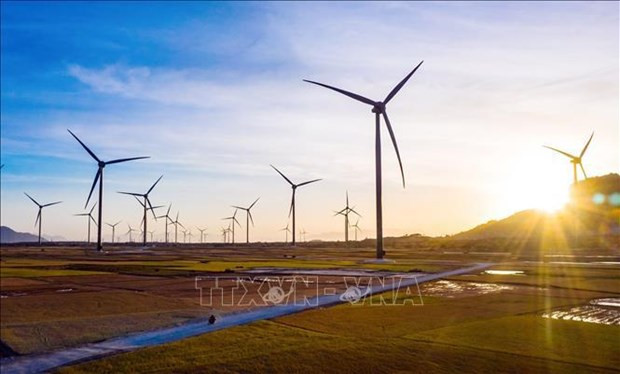
By joining the ECESP, Vietnam can also set up relations with the parties to the platform to support the development of its circular economy, Lohan told the Vietnam News Agency on the sidelines of the annual ECESP conference held in Brussels on February 27 and 28.
According to the recent Circularity Gap Report, the world consumes about 110 billion tonnes of materials each year and wastes over 90%, while only 7.2% is circular.
Arnaud Schwartz, head of the European Economic and Social Committee (EESC) Sustainable Development Observatory, said circular economic activities haven’t been popular in the world, but they are being promoted to become the main trend of the future economy. The circular economy is an environmentally friendly one in which natural resources are renewable, metal resources sustainable, and overexploitation avoided.
To do that, it is necessary to produce goods from durable and repairable materials and can be used for a long time before they are recycled, he noted.
Launched in March 2017 as a joint initiative of the European Commission and the EESC, the ECESP has developed strongly and served as a model of reference for enterprises. It gathers a number of climate and sustainable development initiatives helping members achieve all the Sustainable Development Goals./. VNA